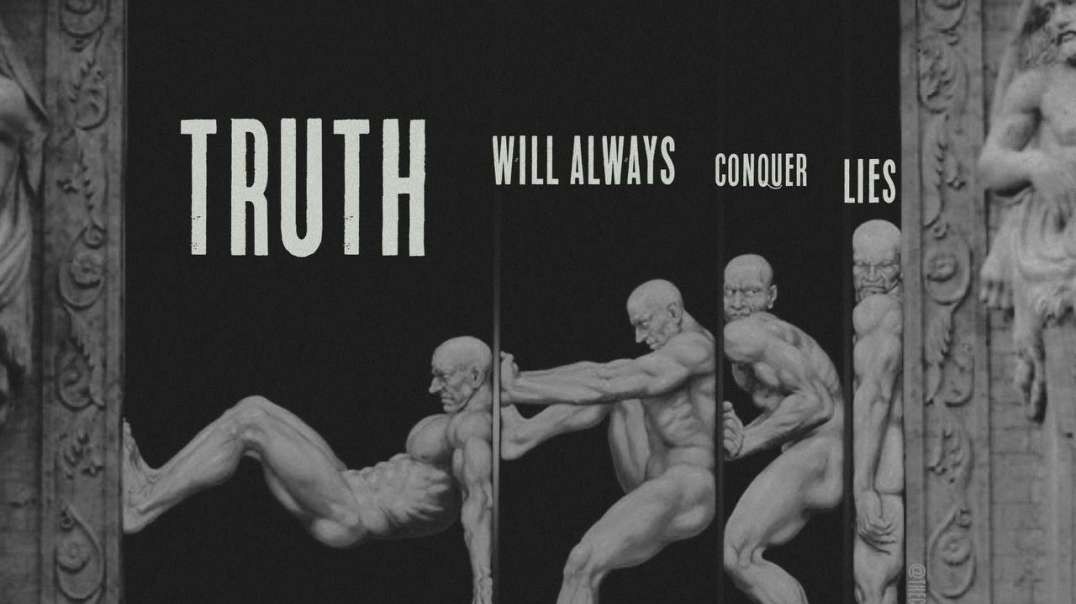Rope Enough To Hang On
Four Characters
First, we have a king named Ahasuerus, or Xerxes in Greek, who rules the Persian Empire at its peak, a kingdom some 3-million square-miles. The thing about Ahasuerus is that he’s kind of a pushover. He’s an abdicator, an unjust man who misused his wife Vashti, then disposed of her when she displeased him.
He replaced her with the second character, Esther. Esther is a beautiful young Jewish woman who was snatched up in king Ahasuerus’s schemes along with hundreds of other women who were forced into the king’s bed to tryout to replace Vashti. Esther won, and became queen.
Esther was raised by the third character, Mordecai, a Jewish man who raised Esther as his own when she was orphaned, because she is his niece. Mordecai has been laying low in the book, trying to avoid being identified with the Jewish people—basically trying to be a secret member of God’s people. And Mordecai discipled Esther to do the same—they’ve been hiding out throughout the story.
But God loves Mordecai, and so he wouldn’t let him get away with that. God brings Mordecai into confrontation with the fourth character, a man named Haman—who is the embodiment of satanic opposition to God’s people.
Mordecai refuses to pay homage to Haman, and so Haman gets the pushover king to issue a genocidal decree to kill all the Jews on the 12th month of that year.
So last week, in chapter 4, we saw Mordecai repent of his abdication and hiding, and radically identify himself with the Jewish people, with God’s people, and to call Esther to do the same by going and outing herself as a Jew, and leveraging her position to plead for the lives of the people before her husband.
But we saw that the stakes are very, very high for Esther to do that. If she goes before the king without being invited, she will be executed unless the king raises his little golden scepter in reprieve.
Now, this isn’t some kind of hypothetical threat of execution; it is very real, historically speaking. We have works of art from this period that portray the king on his throne, and one of the things you will notice in these artworks is that there is a guard with a big axe standing near, ready to execute swift judgment on anyone the king want him to.
And Esther said, basically, “I’m going to risk it, and if I perish, I perish.” Now, here in chapter 5, we see the completion of Mordecai and Esther’s repentance, and as we do, we will see a divine whisper of the work of Christ foreshadowed through Esther.
“On the third day Esther put on her royal robes and stood in the inner court of the king's palace, in front of the king's quarters, while the king was sitting on his royal throne inside the throne room opposite the entrance to the palace.”
-Esther 5:1
“And when the king saw Queen Esther standing in the court, she won favor in his sight, and he held out to Esther the golden scepter that was in his hand. Then Esther approached and touched the tip of the scepter. And the king said to her, “What is it, Queen Esther? What is your request? It shall be given you, even to the half of my kingdom.”
-Esther 5:2–3
“And Esther said, “If it please the king, let the king and Haman come today to a feast that I have prepared for the king.” Then the king said, “Bring Haman quickly, so that we may do as Esther has asked.” So the king and Haman came to the feast that Esther had prepared. And as they were drinking wine after the feast, the king said to Esther, “What is your wish? It shall be granted you. And what is your request? Even to the half of my kingdom, it shall be fulfilled.” Then Esther answered, “My wish and my request is: If I have found favor in the sight of the king, and if it please the king to grant my wish and fulfill my request, let the king and Haman come to the feast that I will prepare for them, and tomorrow I will do as the king has said.”
-Esther 5:4–8
“And Haman went out that day joyful and glad of heart. But when Haman saw Mordecai in the king's gate, that he neither rose nor trembled before him, he was filled with wrath against Mordecai. Nevertheless, Haman restrained himself and went home, and he sent and brought his friends and his wife Zeresh. And Haman recounted to them the splendor of his riches, the number of his sons, all the promotions with which the king had honored him, and how he had advanced him above the officials and the servants of the king.
Then Haman said, “Even Queen Esther let no one but me come with the king to the feast she prepared. And tomorrow also I am invited by her together with the king. Yet all this is worth nothing to me, so long as I see Mordecai the Jew sitting at the king's gate.” Then his wife Zeresh and all his friends said to him, “Let a gallows fifty cubits high be made, and in the morning tell the king to have Mordecai hanged upon it. Then go joyfully with the king to the feast.” This idea pleased Haman, and he had the gallows made.”
-Esther 5:9–14




















